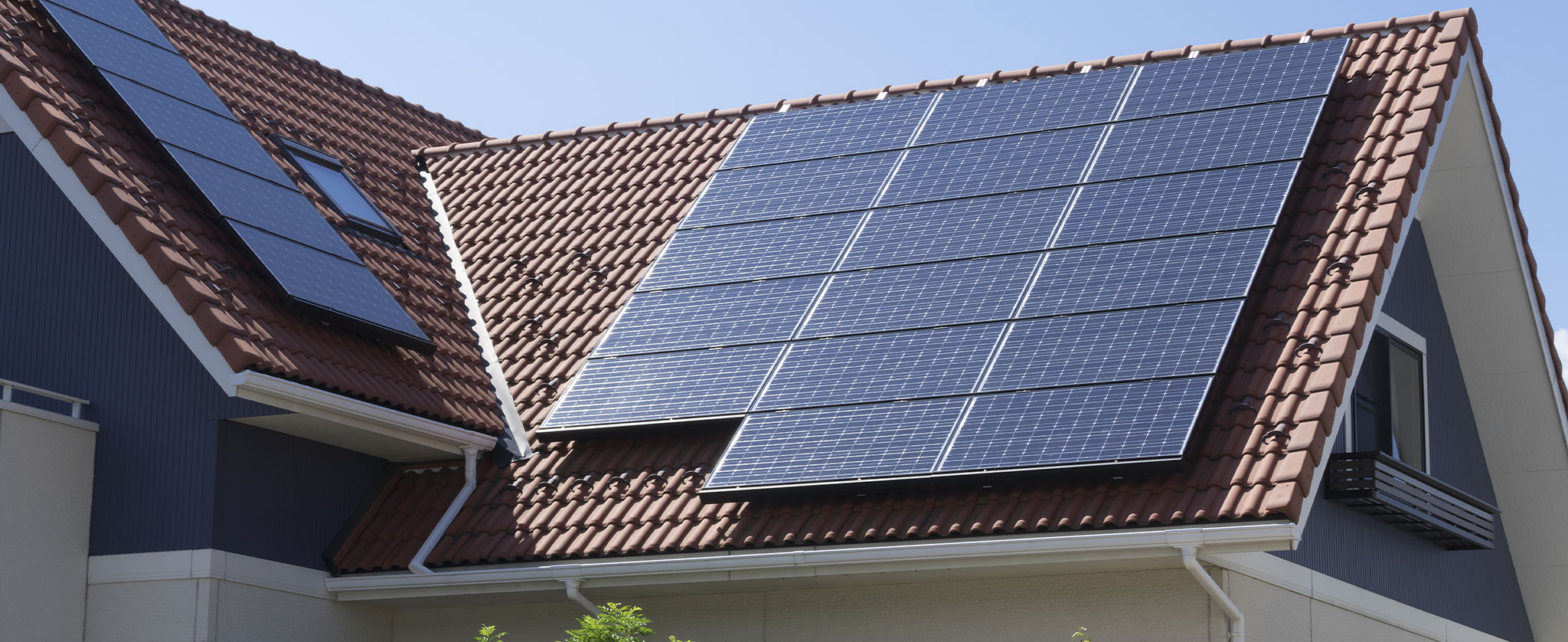Should You Go Solar?

Electric bills during the summer can be sky-high, so you might be considering installing solar panels on your house. Solar panels can lower a three-digit energy bill to under $10. This year, with a 30-percent federal tax credit on solar panels extended until the end of 2019, solar panel installation is especially popular.
But are they worth the price? Let’s look at the cost-effectiveness of solar panels and highlight some important questions that will help you reach an informed decision.
The dollars and cents of going solar.
A solar panel system for most residential homes will cost between $15,000 and $25,000, or $10,500 to $17,500 after the federal tax credit.
Here are four ways you can pay for your solar panel system:
- Cash. Paying upfront will bring you the biggest return on your investment. Your solar panels will pay for themselves in five to seven years.
- Lease agreement.Solar leasing is available in about half the country. You’ll pay a monthly rent instead of an upfront fee for your panels. The leasing company will install them and collect any government credits or incentives on your behalf. Leasing solar panels is generally not recommended, as it does not provide any lasting value to the lessee; usually contains an escalator clause, which increases lease payments by 3 percent a year, and can be a deterrent to potential homebuyers should you decide to sell your house before the lease is up.
- Solar loan.These loans, created just for funding this purchase, can be secured or unsecured and have high origination fees.
- Home Equity Loan. Except cash, the most financially responsible way to finance your solar panels purchase is through a loan or a line of credit against your home’s value. Stop by Texas DPS Credit Union to learn about the low interest rates on our home equity loans.
Are solar panels for you?
Ask yourself these questions before making a decision:
- Which way does my roof slant? In the United States, south-facing roofs are the best recipients of solar energy.
- How much sunlight does my roof get each day? Sunlight should hit your panels for a minimum of five hours a day.
- How large is my roof? An average residential solar system will need roughly 500 square feet of roof space.
- How old is my roof? It only makes sense to install your panels on a roof that has many years of life left.
- How expensive is my electricity? The higher your local electricity rates, the more cost-effective your solar panels will be.
- Are there government incentives in my state? Check for available state credits on the database of state incentives for renewables and efficiency.
If you’re looking to install solar panels on your house, contact TXDPSCU to see how we can help you.